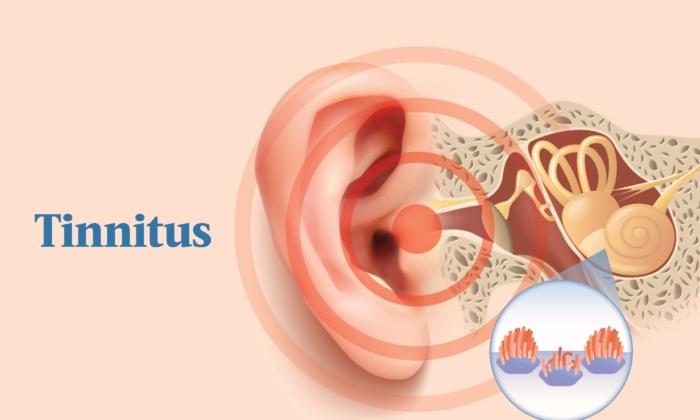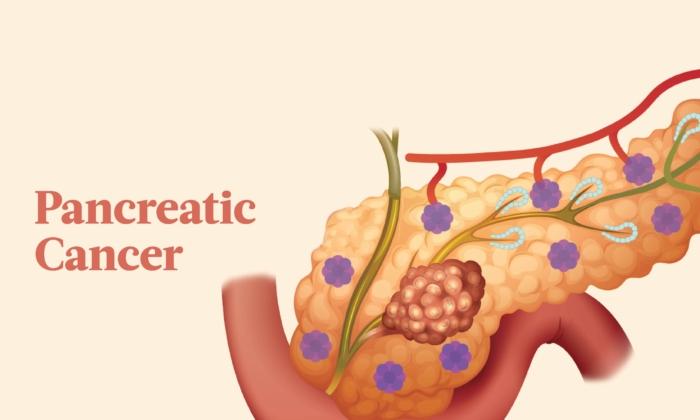Researchers at Ben-Gurion University (BGU) in Israel have found that a modified Mediterranean diet that emphasizes polyphenols and reduces red meat can significantly decrease proximal aortic stiffness (PAS)—a distinct marker of vascular aging and cardiovascular risk.
The researchers found that the “green Mediterranean diet” decreased PAS by 15 percent, the standard Mediterranean diet decreased it by 7.3 percent, and the healthy dietary guideline diet decreased it by 4.8 percent.
In addition to these elements, the green Mediterranean diet emphasizes more polyphenols by upping the intake of vegetables, fruits, and nuts (particularly walnuts) and decreasing the consumption of red meat. To further increase polyphenols, participants in the 18-month, 300-participant study drank each day three to four cups of green tea and a shake made of Wolffia globosa, a high-protein aquatic plant also known as duckweed or Mankai.
Mankai—loaded with bioavailable iron, B12, and 200 types of polyphenols and protein—is considered a good substitute for meat.
Assigned caloric counts on the diet topped out at 1400 per day for women and 1800 for men.
“A healthy lifestyle is a strong basis for improving cardiometabolic health. We learned from the results of our experiment that the quality of the diet is crucial for mobilizing atherogenic adipose tissues, lowering cardiometabolic risk, and improving one’s adiposity profile. Dietary polyphenols, substituting red meat with equivalent plant-based protein, show promise for improving various aspects of human health,” lead researcher Iris Shai said in the statement.
“Maintaining a healthy diet alone is associated with PAS regression. The green-Mediterranean diet provides a 15 percent dramatic reduction in PAS,” said Dr. Gal Tsaban, a co-author of the study.
“The results of our study highlight, once again, that not all diets provide similar benefits and that the green-Mediterranean diet may promote vascular health.”





